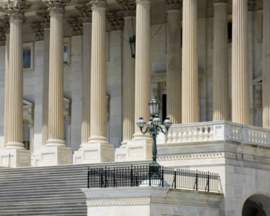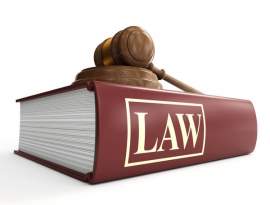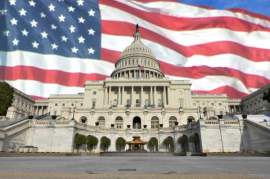
Who Is George Mason

Popular In Constitution
Purpose Of Lifetime Appointment And Pros And Cons Enumerated Powers Bicameral Legislature Background Article 3 Of The Constitution We The People 1st Amendment Who Wrote The Constitution Judicial Review Equal Protection Clause 5th Amendment 10th Amendment Three Fifths Compromise
A delegate from Virginia to the United States Constitutional Convention, George Mason (along with James Madison) is commonly referred to as the "Father of the Bill of Rights". Unlike Madison, however, George Mason never wavered on his political stances. Mason was a staunch proponent for the inclusion of individual liberties into the United States Constitution. The patriot from Virginia believed that the Federal Government should be limited in power, and states in congruency with the country's well-being should have the ability to govern themselves. Mason's influence can be traced back to 1776, when he first served at the Virginia Convention in Williamsburg.
Mason, a die-hard advocate for individual freedoms, authored the Virginia Declaration of Rights in 1776. George Mason firmly believed that the success of a nation depended on the happiness and individuality of its people. A substantial member of the Anti-Federalist movement, Mason felt as though the components that make up the government are more important than the government itself. This individualist sentiment was captured in Mason's creation of his State's Constitution.
The Virginia Declaration of Rights was the first document in American History to concretely outline a series of individual rights as they pertained to the greater good of government. The Virginia Declaration of Rights was the most influential State doctrine and the precursor for the first 10 Amendments to the United States Constitution.
In 1786, Mason was appointed to represent Virginia as a delegate to the Federal Convention in Philadelphia. The purpose for the meeting was to revise the Articles of Confederation and find an appropriate balancing of powers between the individual, the states, and the Federal Government. While at the meetings, Mason grew frustrated and uncommonly reserved. He refused to sign the ratification of The amended Constitution due to the absence of individual rights.
Many historians have claimed that Mason's refusal to compromise with the ratification process cost him close friendships with George Washington and other proponents of an empowered centralized government. As a result of his unwavering stance, Mason's popularity and historical recognition severely waned. Following the meetings, Mason and his fellow supporters moved back to Virginia where the Anti-Federalist Party continued to preach the necessity of a Bill of Rights.
The stance taken by the Anti-Federalist Party was a fervent one; they believed that the newly founded country was ironically and shamefully steering a course of government reminiscent of the authoritative British Parliament. Mason felt that a strong central government would abuse its power and eventually lose sight of the country's needs and vision. In response to the Anti-Federalist Party's inertia, the Constitution was again up for revision in 1791.
Primarily influenced by George Mason's Virginia Declaration of Rights, the United States Bill of Rights was ratified on December 15th, 1791. James Madison, the author of the first 10 Amendments, was originally a member of the Federalist Party and proponent of a strong federal government. Whether Madison authored the Bill of Rights due to a change in personal belief or because he needed Mason's support and the subsequent Virginia vote is still questioned to this day. What is known, however, is that without Mason's unyielding efforts, the inclusion of individual rights in the U.S. Constitution would have been in serious limbo and perhaps never solidified.
NEXT: George Washington





















